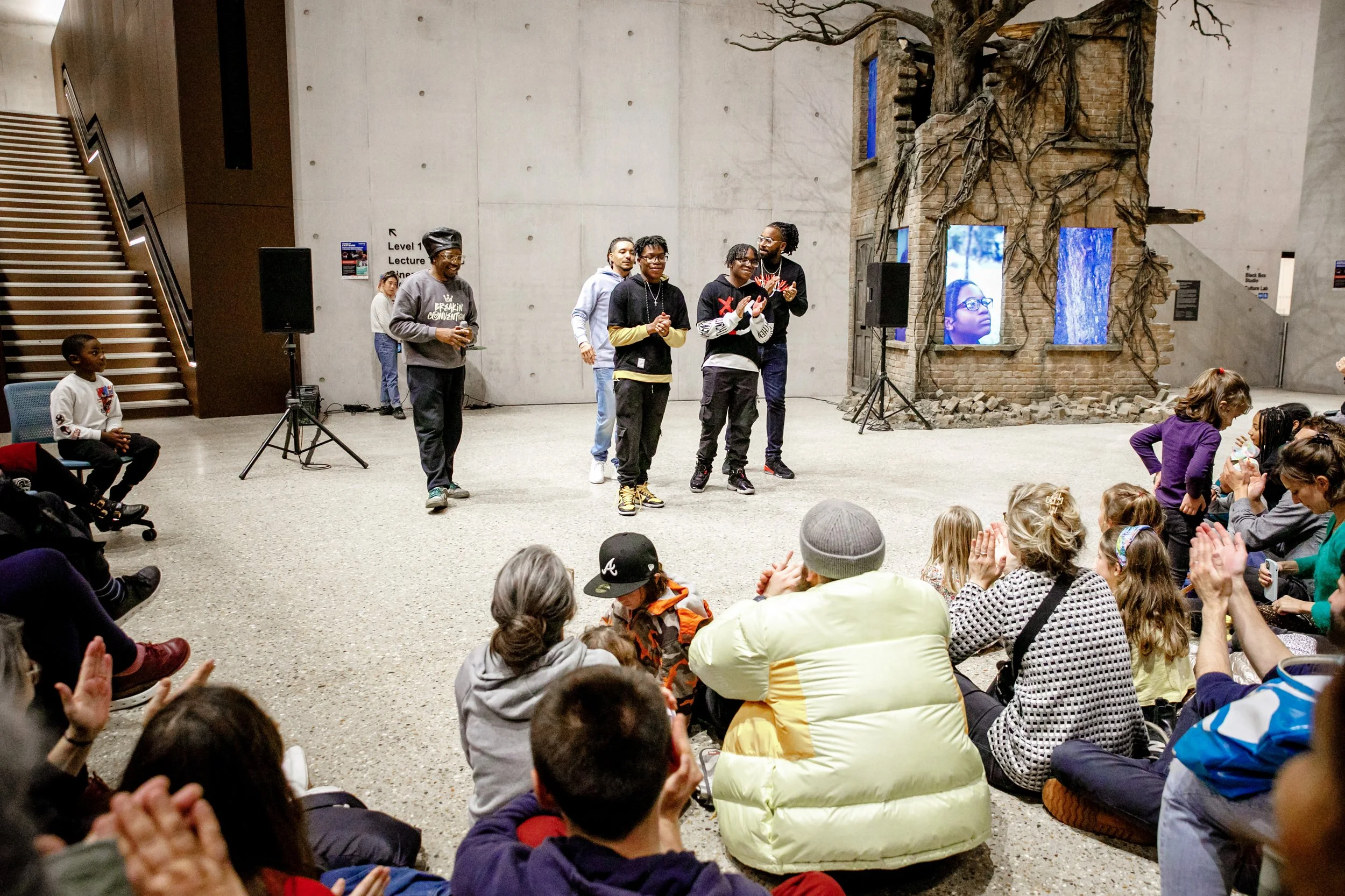Cockney Rhyming Slang
Embark on a linguistic journey through Cockney Rhyming Slang, a unique East London tradition where words are whimsically replaced with rhyming phrases. Originating from the area's vibrant history, this linguistic flair adds a distinct charm to everyday communication. Explore the art of crafting phrases that rhyme with intended words, creating a rich and humorous secret language within the community. From "apples and pears" for stairs to "trouble and strife" for wife, Cockney Rhyming Slang is a fascinating expression of East London's cultural identity, inviting you to unravel the playful nuances of this cherished linguistic heritage.
Listen Now
All audio transcripts are available here
Cockney Rhyming Slang Rap Battle by Breakin’ Convention
Cockney Rhyming Slang Explained
“Apples and Pears” - ‘Stairs’
In all of Cockney Rhyming Slang, Apples and Pears is by far the by the best known and most widely understood, even outside the UK. But in fact Apples and Pears is almost never used in real Cockney speech today. It's simply the slang's most famous example. Perhaps because it is the archetype of the genre, it has become cliché and passed out of real usage. If it is used it is usually shortened to "Apples". The first recorded usage of Apples and Pears came in the 1850's but it had fallen out of favour in print by the 1960's. There are several alternatives for the word "stairs", including Fred Astaires, troubles and cares, and stocks and shares, but none have gained much traction or are in common usage today.
“Butchers Hook” - ‘Look’
Butchers' shops were a fixture on every shopping. One place where the expression may have originated or taken firm root would have been Smithfield Meat Market - near Farringdon in the Cockney heartland. Smithfields has been a wholesale meat market for a thousand years and trade continues today in the purpose built building. Also 'docker's hook'.
“Chew the Fat” - ‘Chat’
Also, chew the rag. Chat in a friendly, leisurely way, as in Let's get together for coffee and chew the fat, or John and Dave spend hours just chewing the rag. Before the 1880s in Britain, chew the fat meant “to grumble or complain,” and chew the rag also has been used in this way. Today both expressions are largely synonyms for a friendly talk or gossip session. Why this idiom uses fat and rag is not known, but some speculate that fat refers to juicy items of gossip and rag to ladies' sewing circles and the cloth they worked on while chatting.
“Cream Crackered” - ‘Knackered’
It’s “cockney rhyming slang” for “knackered”, which comes from the term for the yard where old and tired working horses were sent when they could no longer work, to be killed and their bodies used to make glue and horse-hair stuffing for mattresses etc. It was called the “knacker’s yard” and the horses were “knackered”.
“Rosie Lee” - ‘Tea’
Rosie Lee, British rhyming slang for ‘tea’, appears to have originated in the early years of the twentieth century. It is first recorded in Edward Fraser and John Gibbons's Soldier and Sailor Words and Phrases (1925). The truncated rosie was not long in following: ‘We'll 'ave the Rosie now, George’ (J. B. Priestley, Good Companions, 1929). Also used in Dublin.


